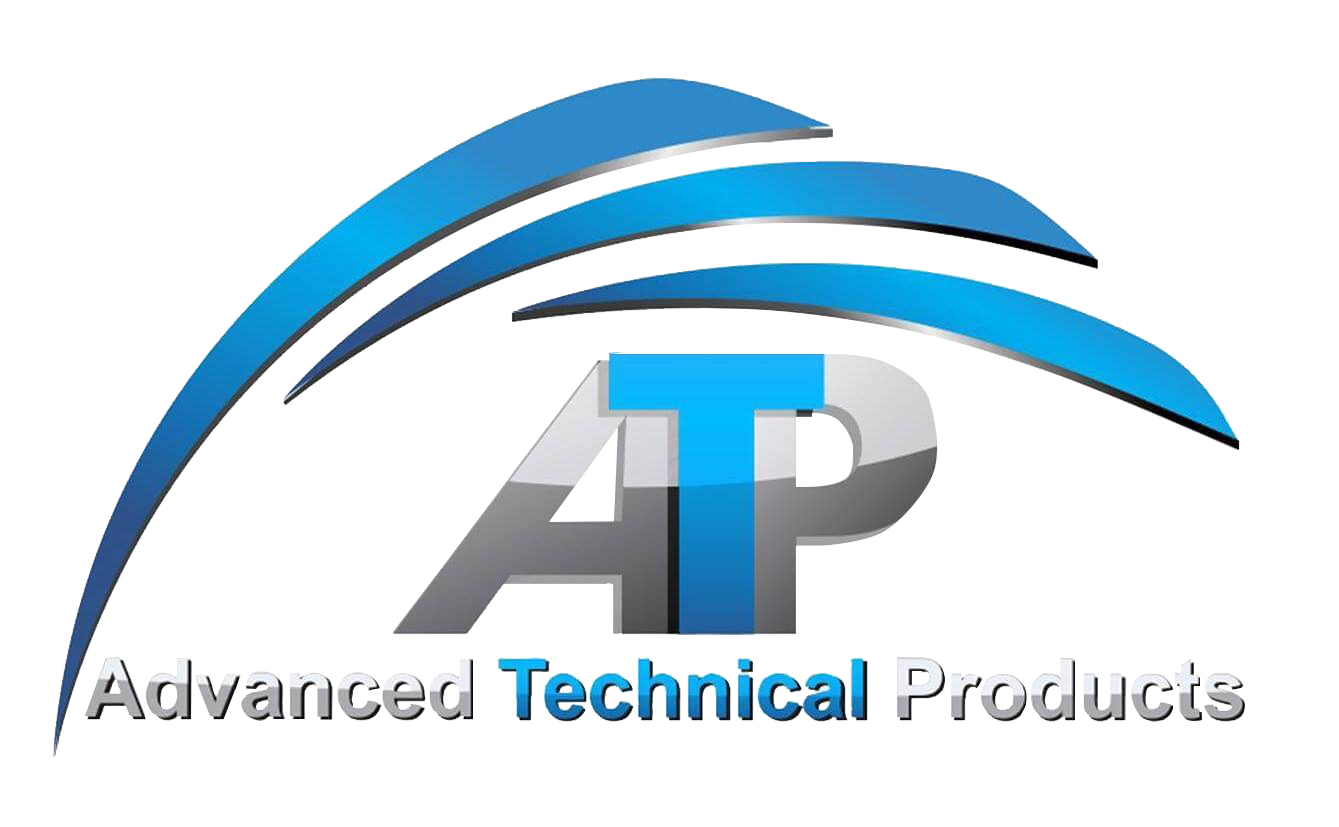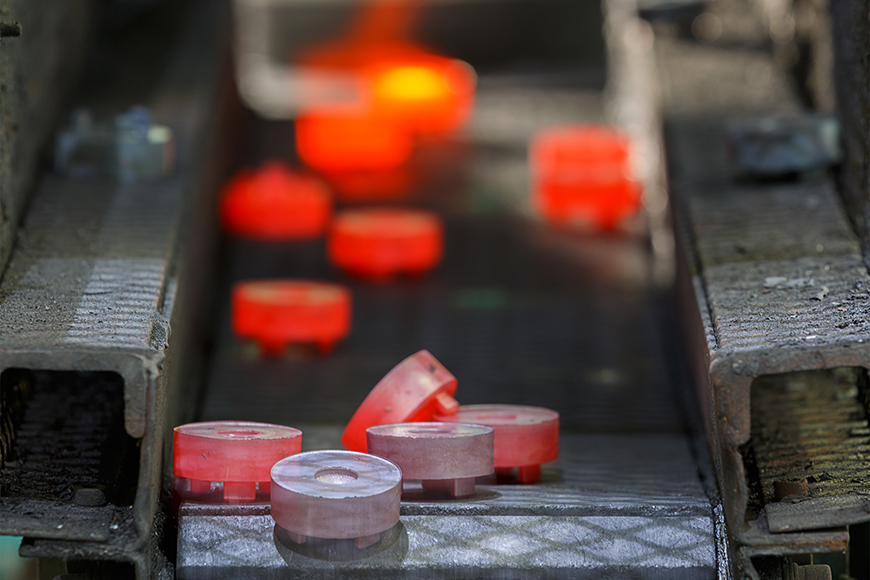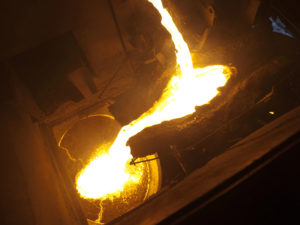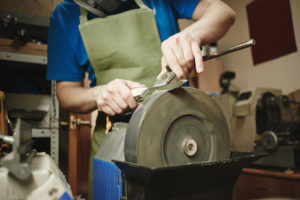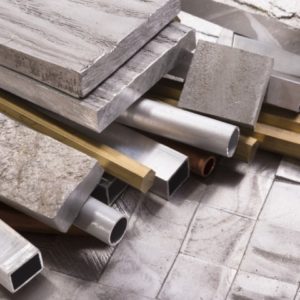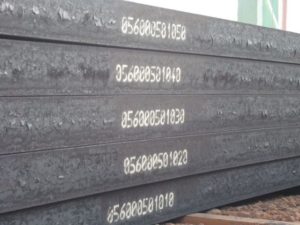In the informative article “Heat Treatment in Ferrous Foundries” from Reliance Foundry, the significance of heat treatment in ensuring the mechanical properties of steel castings takes center stage. While the process of molding, pouring, shakeout, and cleaning transforms castings into their final form, they may not possess the required strength or elasticity for their intended purpose. Heat treatment, by subjecting metal to precise heating and cooling regimes, empowers foundries to tailor the mechanical properties of their creations.
Crystallization and Metal Properties As molten metal cools, it crystallizes into distinct structures, resembling the frost patterns that grace glass surfaces in winter. These structures, akin to invisible grains, extend from central points until they meet other crystalline structures. These grain arrangements constitute the fabric of a metal.
Just as the whims of winter weather yield various frost patterns, shifting temperatures influence the crystals within metals. These crystal grains, which remain hidden until acid-etched, play a pivotal role in defining the alloy’s mechanical properties. Round grains facilitate movement, allowing them to yield when subjected to force, denting instead of breaking. Flat grains align like interlocking bricks, bestowing greater strength while maintaining some flexibility. Jagged, interlocked grains provide minimal give. Heat treatment intervenes by reshaping the crystallization, altering the grains, and consequently transforming the metal’s properties.
Work-Hardening Metal The iconic image of a blacksmith toiling at the forge, shaping a glowing slab of metal, resonates with us, though it’s become a rare spectacle today. Across much of history, metals were manually worked to enhance their strength. In contemporary times, steel is often mechanically hardened through processes like rolling.
Understanding the grain structure clarifies the concept of work-hardening. Round grains within the metal undergo deformation, resulting in a new, more robust shape. In processes such as cold-rolling, round grains are compressed and stretched, assuming a rod-like form. These rods offer mutual support, akin to bundled sticks. Smiths and metalworkers employ techniques involving hammering, twisting, heating, cooling, and stretching to reshape the grain structure. When grains have nowhere to yield upon impact, they form an immovable, inelastic matrix, significantly boosting metal hardness.
Click here to learn more about Advanced Technical Products.
Photo and article with all rights reserved, courtesy of reliance-foundry.com
